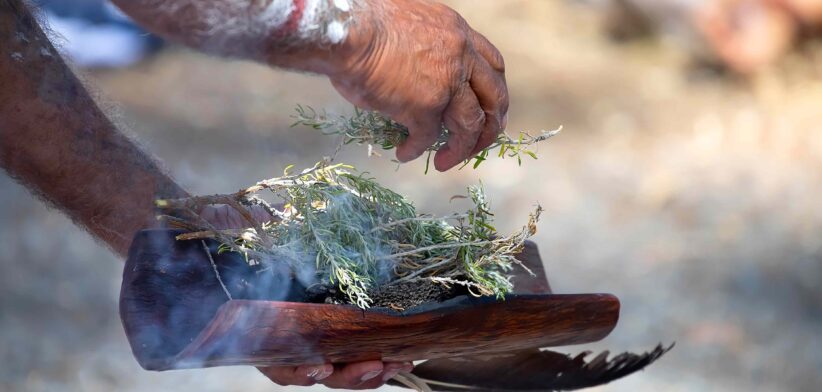Future medical and agriculture patents will need to acknowledge any use of knowledge from First Nations peoples, under a new international treaty.
The Treaty on Intellectual Property, Genetic Resources and Associated Traditional Knowledge was agreed among members of the World Intellectual Property Organization (WIPO) in Geneva, Switzerland this week.
Federal Foreign Minister Penny Wong said the treaty recognised the use of Indigenous peoples’ genetic resources and associated traditional knowledge such as medicinal plants and agricultural crops, in patent systems.
Minister Wong said the treaty established a new form of legal recognition for Indigenous peoples’ traditional knowledge in the international intellectual property system.
“For the first time, patent applicants will be required to disclose the origin or source of genetic resources and associated traditional knowledge in patent applications,” she said.
“While genetic resources themselves cannot be directly protected as intellectual property, inventions developed using them can, often through patents.”
Minister Wong said the treaty enabled Australian First Nations peoples to benefit from their cultural heritage, promote their unique and diverse export offerings, and was an important step toward further protection for Aboriginal and Torres Strait Islander peoples’ traditional knowledge within Australia.
“First Nations Australians have been innovating for thousands of years. This landmark treaty will recognise Indigenous peoples’ contributions in the international intellectual property system for the first time.”







